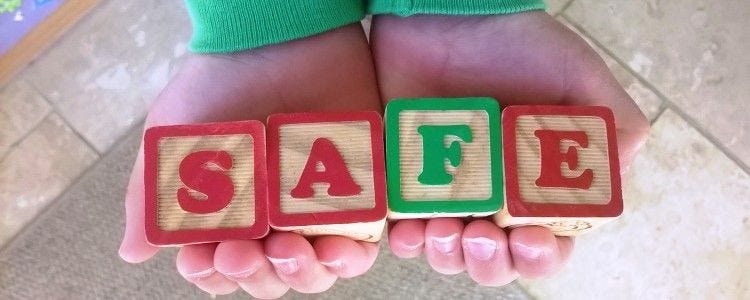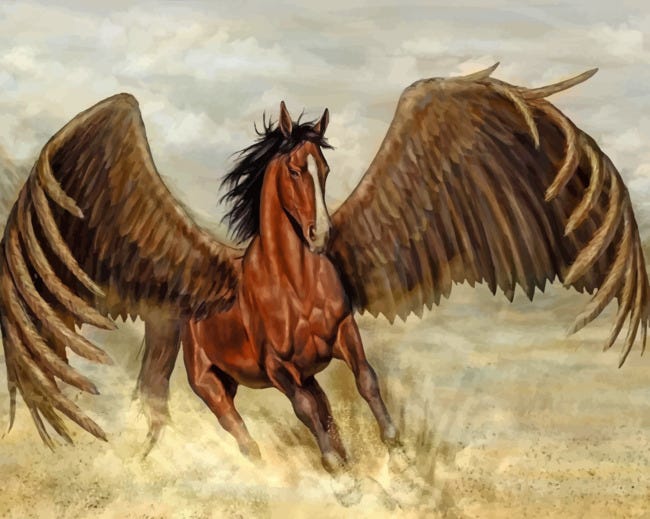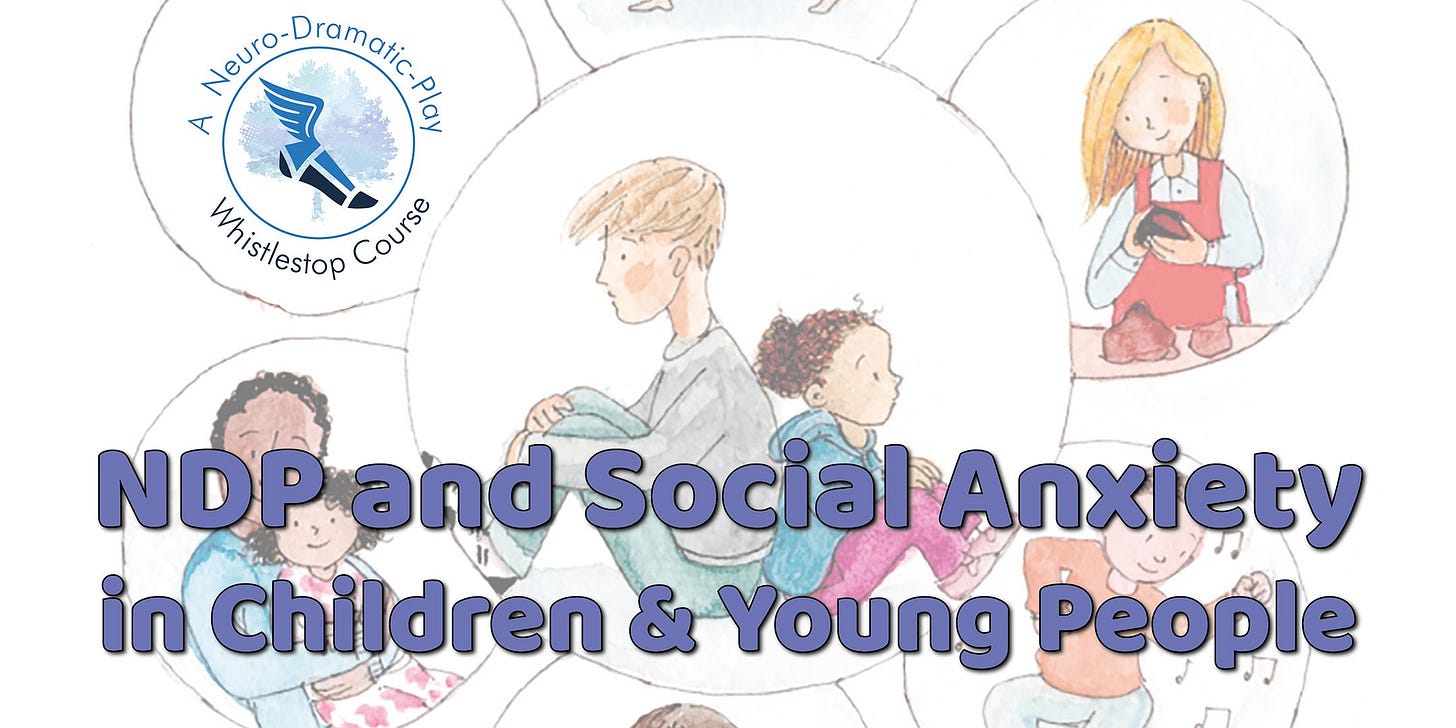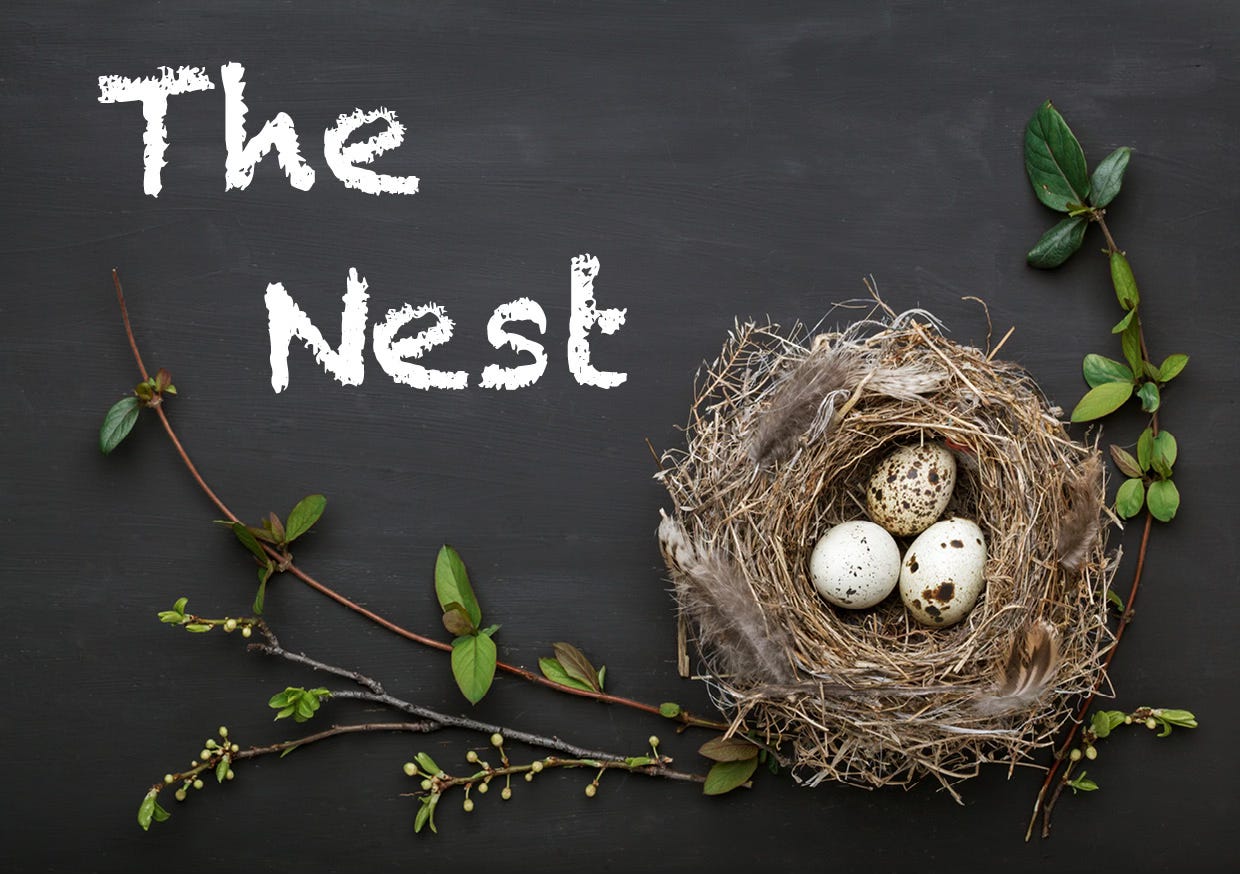Dear Members and Followers,
Welcome!
As we have said, we are focussing on therapeutic stories this year and I also want to add the concept of safety: emotional, physical, mental – our brains need protecting as well as our bodies. To support this, I am adding a play sheet in this section called ‘Keeping Safe’ and it allows children to write or draw on a chart, the people and things in their life that are safe (people, pets, spaces, play and so on). This will be the first of a mini-series of play sheets on various types of safety, or lack of it. Feeling safe is an important area of our work that is often neglected.
With the increase in ‘school refusers’ we need to look at the struggles that children have with transitions: from home to nursery, from nursery to primary school, or the difficult adjustments when there is a series of supply teachers. Children feel safe when there is constancy and predictability, and a reassuring presence.
One reason we have introduced the idea of the ‘NDP Map’ as part of the assessments, is that many children come to therapy or start school without having any understanding of what to do! They will often conflate therapy with school and have a similar set of expectations that they area supposed to ‘do’ something. A simple map, as well as a brief explanation, will usually be enough. If the same can happen for parents, the security will be doubly felt. Transitions of any kind, without explanations, can be very distressing for children and teenagers as well. We shall be providing additional resources in the coming weeks that will look at ‘feeling safe’.
Therapeutic Stories - The Story of the Horse and the Mulberry Tree
Many years ago, in ancient China, there lived a family in a house near the forest. There was mother and father, their teenage daughter, and grandmother, who was mother’s mother.
One day, the bandits who lived in the forest waited for the father when he came to work in the field, and they grabbed him and took him back to their camp in the forest. They sent a message to the family to send money and they would release him.
Mother sat by the window crying, Grandma rocked in her chair very quietly, and
Lee-Ann spent time with their horse in the stable, wishing she could do something.
Although the family lived in a remote place with no near neighbours, mother leaned out of the window and cried out, ‘If someone rescues my husband, he shall marry my daughter as a reward!’
The horse came out of the stable and cantered away in a cloud of dust to the forest. There he found the bandits and reared up to attack them and they ran away, terrified.
The father recognised his horse and stroked him in appreciation and then climbed onto his back. They returned to the house and there was feasting and laughter now that father was home again.
The horse knocked patiently with his hoof on the wooden door. Eventually father said irritably, ‘What is that horse doing? Go away!’ Mother explained that she had offered Lee-Ann’s hand in marriage to whomsoever rescued him from the bandits.
‘What nonsense!’ shouted father, forgetting he had just been rescued. He called out to the horse, ‘Go away or I shall get rid of you; I might even kill you!’
The horse went back to the stable, sadly. That evening Lee-Ann went into the garden to look at the mulberry tree and then she went to the stable to comfort the horse. The horse said to her, ‘Climb on my back and hold firm.’ The horse suddenly grew wings and whoosh! He flew through the sky out of sight into the dark.
Mother, father and grandmother came out into the garden, wondering where Lee-Ann was. Then they saw her in the sky, far, far away. She was waving to them. ‘I have been made the Goddess of the Silk; you must take great care of the mulberry tree.’ She disappeared and was only seen when it was the annual Festival of the Silk.
Reflections and activities:
1. Play a game whereby some of the group are bandits and others are working in their garden, and the bandits have to creep up without being heard. Change round.
2. Everyone moves as the horse cantering away and then scaring the bandits.
3. Draw and colour a picture of a mulberry tree (with help from the Internet if needed).
4. Why are mulberry trees so special?
5. Explore the different characters in the story and maybe share things that the characters might be saying, but are staying silent.
My eventful life!
Whenever it is springtime, I am transported back to the time I was about 6-years old. We were living in my grandmother’s cottage in Yorkshire, in a small village called Hebden, near Grassington. My memories are full of outdoor play, and the safety of a young child, being able to roam around the fields and streams, without a care in the world. I built dams and whirlpools, and constructed stepping stones to cross the stream, roughly six feet wide. It was shallow enough, it would cover my ankles in most places, and it trickled over stones and rock pools.
I was left to my own devices, as my mother was busy with my younger sister who was a toddler, and I think she was on a peace-keeping mission with my grandmother and great aunt, (her mother and aunt), who lived in the two cottages next door. My mother was also worried about my father who was not with us; he stayed in Warwickshire as he looked for a practice as a fledged GP. It was also the back end of the war, and the parents had decided that we should all live away from a major city or town. Rural Yorkshire was ideal, and I remember being very happy there. The only thing looking back, that I am very curious about, is that there were never any other children invited to play. When I later started school, wearing my first pair of Yorkshire wooden clogs, I met other children, but only at school. There was no sense that I might be lonely, always playing on my own in the fields and stream.
With Love and Blessings,
Dr Sue
Don’t forget that if you’re one of my Substack subscribers you can attend the below webinars for FREE. See The Nest section below for a reminder of your access code or email us.
LAST CHANCE - Whistlestop Webinar
It’s your last opportunity to book onto our popular ‘Whistlestop’ Webinars coming next week – just the right thing if you are looking for extra CPD or only have time for brief encounters, wherever you are! This webinar is superb value as for only £45 (or FREE if you’re a subscriber!) you receive two hours of tuition plus a copy of my book on the subject (chock-full of guidance, activities and ideas) which alone is worth £33.99!!
NDP and Social Anxiety in Children & Young People
Friday 27 June, 0900-1100 (UK Time)
Dr Sue presents this webinar and introduces a new approach for working with anxious children and young people to help them develop social skills and reduce stress. This 'Whistlestop' webinar will be of interest to teachers, teaching assistants, care workers, clinicians, therapists, parents, and all professionals involved in the support and development of children and young people.
NDP in the Jungle
A once-in-a-lifetime experience
Limited availability
First-come, first-served
You can attain the NDP Diploma (Basic, Advanced or Trainers Certificate)
N.B. The jungle can be a dangerous place
This wonderful and unique opportunity returns next year. The limited places get booked quickly, so do register your interest soon!
Supervision Groups and Individual Supervisions
All Supervision spaces are now full.
Huge thanks to all you people who are subscribers to my Substack Newsletter – it makes such a difference to enable me to write, instead of chasing other free-lance work. There are two subscription rates:
Only £6 per month (or £65 per year) to subscribe and join The Nest. As well as your own Newsletter every week, you get 4 free webinars per year, and 10% reduction on any UK course. You also get your own stories, techniques, worksheets, reviews and recommendations.
£120 per year is for the Founders. You get all of the above but 6 free webinars per year and 15% reduction on any UK training. You also get free consultations on any aspect of NDP and its application, or support for any writing you may be doing.
Miss Penny-Weather’s Country School
And finally, our bed-time story. This time it is the next section from our story about life at a rural school after WW2.
The Story of Jimmy Swift, the Boy from Somerset:
Miss Penny-Weather’s Country School story is based on events that the author experienced or that she heard about as a child in post-war Britain. It creates the atmosphere of the rural school and is a useful addition to lessons about social history. It will eventually be published as a book, but meanwhile look out for the recording on YouTube.
Episode 16
Jimmy and his new friend waited nervously on the deck, while his mum went to fetch his dad. Georgie looked very nervous as he did not know what to expect. There had been so many changes recently, and he was worried about his mum. Where would she be going, and would she be safe, wherever she went? Jimmy’s dad joined them, followed by mum and little sister who stared at Georgie.
Jimmy’s dad said, ‘What’s all this about? Our Jimmy seems to collect children! So, where do you come from?’ Georgie was about to say something, but Jimmy gave him a quick kick to keep quiet. ‘Dad, his name is… Bertie, and he is an orphan!’ said Jimmy, not looking at Georgie. ‘He was living in an orphanage where they were very cruel, that’s why he has the bruise and cut. So, he ran away! And me and Mattie met him looking for a hiding place in the barn’. Jimmy then added, ‘I knew you would know what to do, and mum could look at the cut and see if he needs to go to hospital.’
Mum immediately came forward to look at the cut above the eye and the dark bruise, of Georgie/Bertie. ‘That cut needs a good clean, but I don’t think it needs stitching. I will fetch arnica for the bruise,’ and she went down below to fetch her medicines, her ‘lotions and potions’ as dad called them. Jimmy had some more to say, ‘You see dad, the people from the orphanage might come looking for him, and then there would be all sorts of trouble since he ran away. And there are some other men on the canal who tried to kidnap him’. Jimmy’s dad looked a bit unsure at this longer and longer story, wondering whether it was fact or fiction.
Then Jimmy said, ‘In any case, you will have to do something, as there are some people moving into our cottage’. ‘What?’ said dad. ‘That is our cottage, paid for in full, no one has a right to be there. I’m going to sort them out.’
He grabbed his jacket and made for the deck, ‘Wait, dad, wait!’ called Jimmy. ‘You need to know some more.’
Dad paused and looked back, ‘What more do I need to know, other than trespassers are in our HOUSE!’ And the last word he shouted so loudly that the stores on the deck began to shake.
Jimmy went on to say, ‘Me and Mattie hid in the garden and saw these guys unloading some boxes into the house. There are two strange boats down there, near the cottage.’
Dad was about to say something, when a voice called, ‘Hello everyone, may I come abroad?’
Mathew climbed up and was about to greet Georgie, when Jimmy said, ‘This is Bertie, he ran away from an orphanage – they were very cruel there, so he will probably stay with us for a while.’ Mathew looked stunned for a moment and then greeted Georgie as if he had never met him before. ‘Welcome! I hope we can all be friends.’
So, will the orphanage people coming looking for Georgie who is now Bertie?
And will Mattie be able to tell his story? He was very late home!
Wait for next week’s exciting episode!
(If you prefer to listen to these stories, they will shortly be available on YouTube ‘NDP Storytime with Sue Jennings’ and ‘Stories of Mouse and Mouse’. The ‘Moose and Mouse’ stories are available in the paid section below and are written for children under the age of 6 years. They address important issues in child development such as attachment, loss, playfulness, adventure, safety and fears. See our website here.)
Welcome to our Subscribers’ exclusive area with more news items, resources, stories and more. If you can’t see what’s below then please do subscribe and join us!
Hello Everybody and Welcome!
Well-tried methods: Playsheets 5
Here are two more Playsheets for my Nest members! I said earlier that this is Storytelling Year, so we shall be learning new stories and ways of encouraging storytelling with our pupils and clients.
The first Playsheet is the Personal Mandala which many of you have used on our courses for personal exploration. The basic mandala content can be varied according to the aims of the session: it could explore work, a specific situation, something past or future. Be sure to decorate your Mandala when you have finished.
The second Playsheet is The Three Islands; instructions are on the Playsheet, and I just want to emphasise that each island must contain positive as well as negative experiences. People may explore through pictures and colours. Click on the buttons below to download the Playsheets.
Keep reading with a 7-day free trial
Subscribe to Sue Jennings Presents to keep reading this post and get 7 days of free access to the full post archives.












